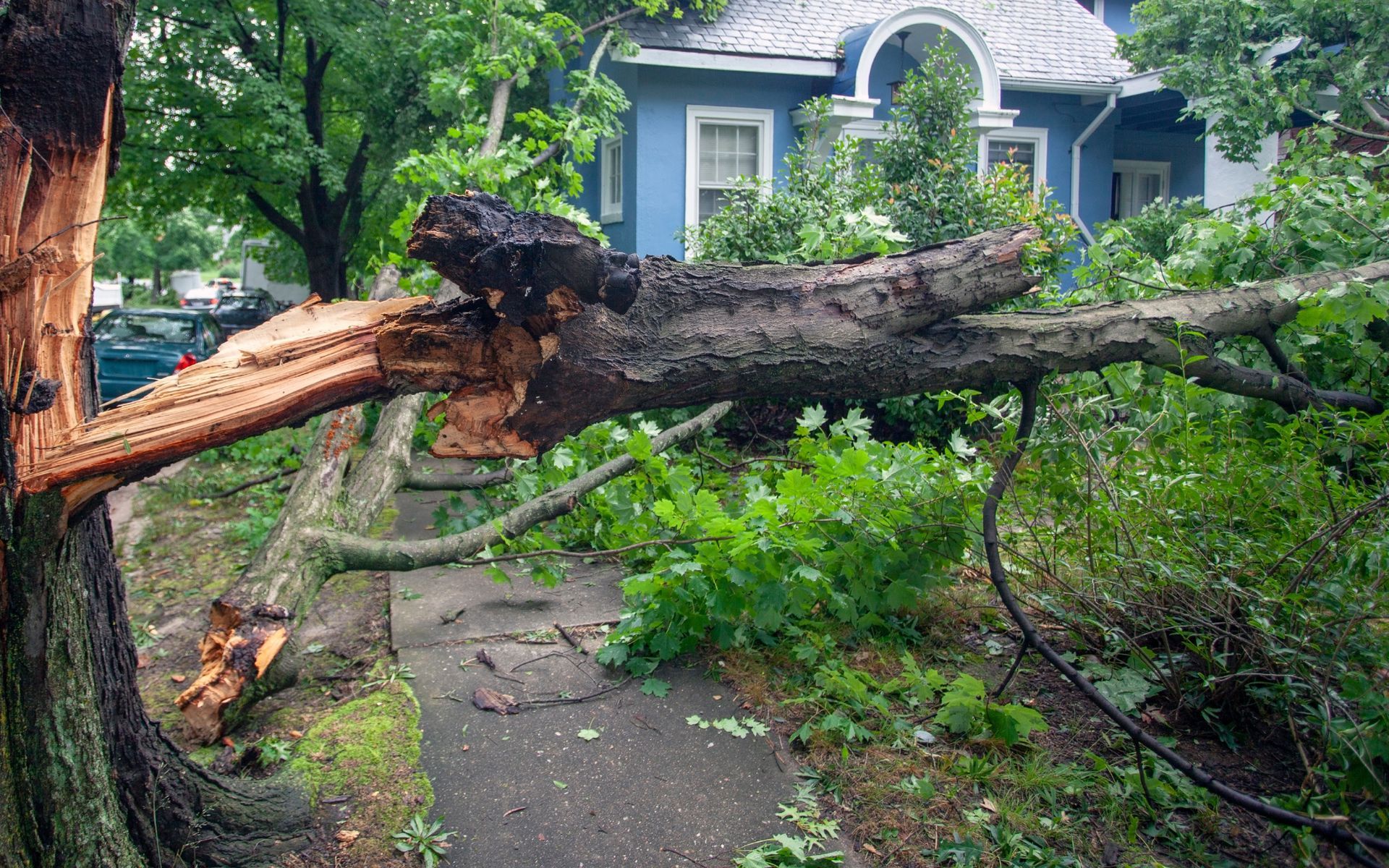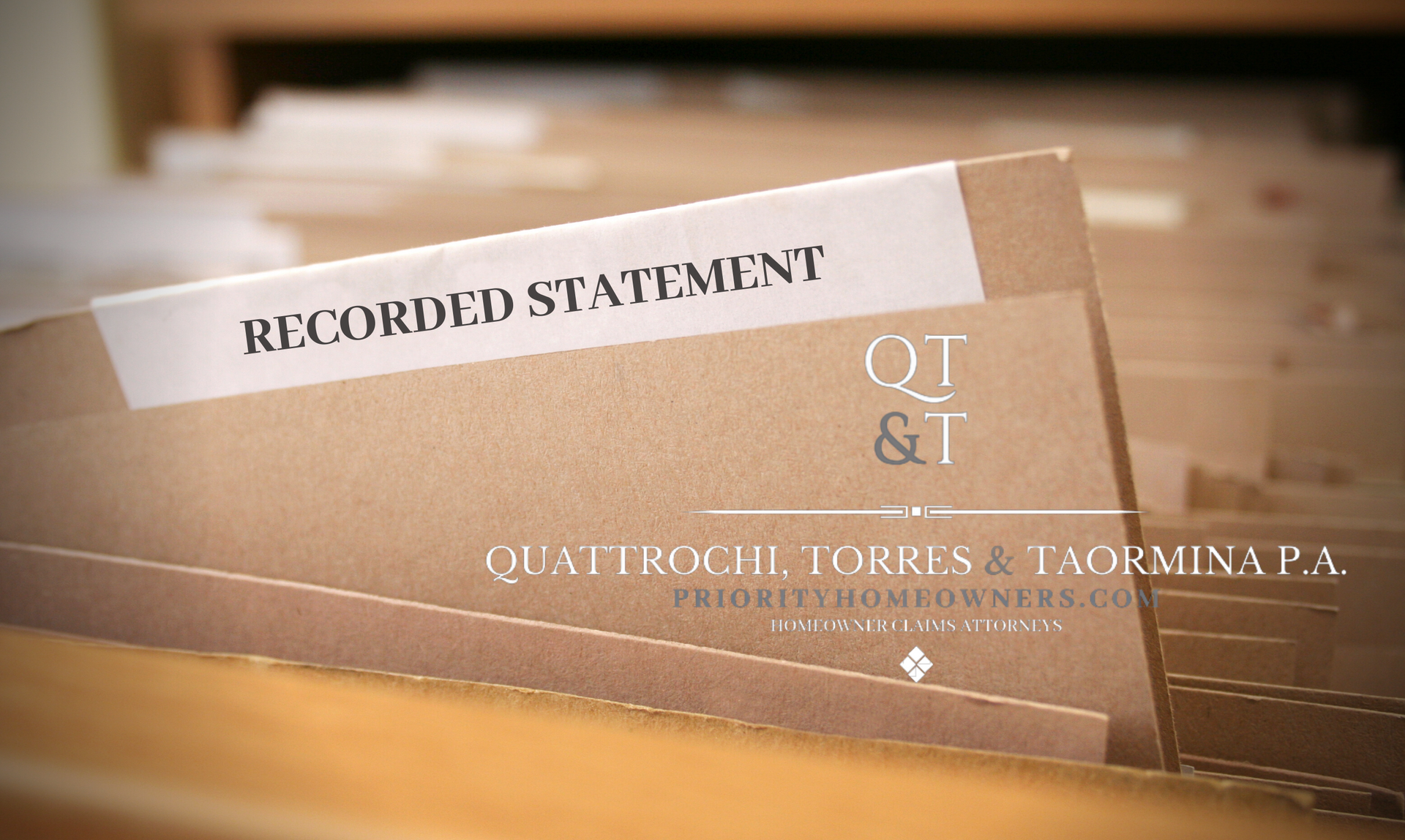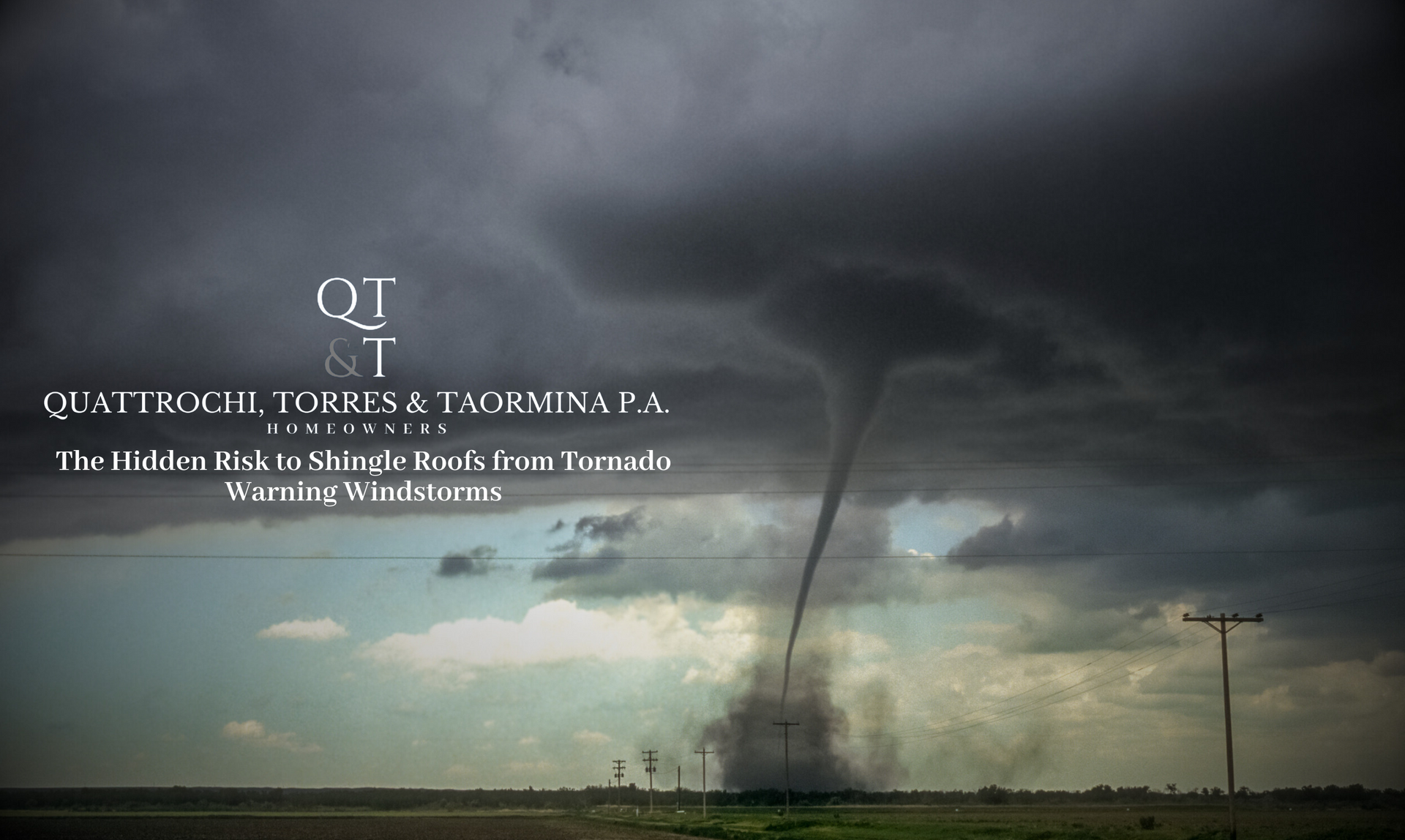Weathering the Storm: Preparing Your Home for Hurricane Season
We are in Hurricane season and taking proactive steps to safeguard your home is important. With the potential for high winds, heavy rains, and flooding, preparing your living space is not just a matter of convenience but also a matter of safety. In this post, we will guide you through essential steps to fortify your home against the ravages of a hurricane.
1. Create an Emergency Plan
Before you dive into physical preparations, it's crucial to have a well-thought-out emergency plan in place for your family. Make sure everyone knows evacuation routes, designated meeting points, and important contact information. Establish a communication plan with family members, friends, and neighbors to stay connected during the storm and its aftermath.
2. Reinforce Windows and Doors
Windows and doors are vulnerable points during a hurricane. Consider installing storm shutters or plywood covers to protect against high winds and flying debris. Reinforce doors with sturdy deadbolts and heavy-duty hinges. If possible, opt for impact-resistant windows, which are designed to withstand the force of debris without shattering.
3. Clear the Surroundings
Trim trees and shrubs near your home, removing any dead or weak branches that could become dangerous projectiles in strong winds. Secure outdoor furniture, potted plants, and other loose items that might be picked up by the wind and cause damage.
4. Check the Roof and Gutters
Inspect your roof for loose or damaged shingles, as even minor damage can lead to leaks during heavy rain. Clean out your gutters and downspouts to ensure proper drainage and prevent water buildup that could lead to flooding.
5. Reinforce the Garage Door
If you have a garage, reinforce it to prevent wind from penetrating and causing structural damage. Garage doors are often particularly vulnerable, so consider installing a bracing system or purchasing a hurricane-resistant door.
6. Secure Your Home's Interior
Inside your home, take precautions to minimize damage:
- Document Valuables: Create a digital record of your possessions for insurance purposes. This includes photos or videos of valuable items and important documents.
- Elevate Utilities: If you live in a flood-prone area, consider elevating your electrical panel, water heater, and HVAC system to prevent water damage.
- Use Sandbags: If flooding is a concern, place sandbags around entry points to help divert water away from your home.
- Unplug Electronics: To prevent damage from power surges, unplug electronics and appliances before the storm hits.
7. Stock Up on Supplies
Ensure you have a well-stocked emergency kit with essentials such as non-perishable food, water, medications, flashlights, batteries, a first aid kit, and important documents. Having these supplies on hand will help you weather the storm and its aftermath more comfortably.
8. Consider Flood Insurance
Standard homeowners' insurance policies often don't cover flood damage. Depending on your location, it might be wise to invest in separate flood insurance to safeguard against potential water-related issues.
Hurricane season requires proactive planning and preparation to keep your home and loved ones safe. By following these steps, you can significantly reduce the risk of damage and increase your chances of riding out the storm with minimal stress and inconvenience. Remember, your safety and the safety of your family should always be the top priority during any severe weather event. For greater details, please visit https://www.weather.gov/mhx/hurricaneprep.














